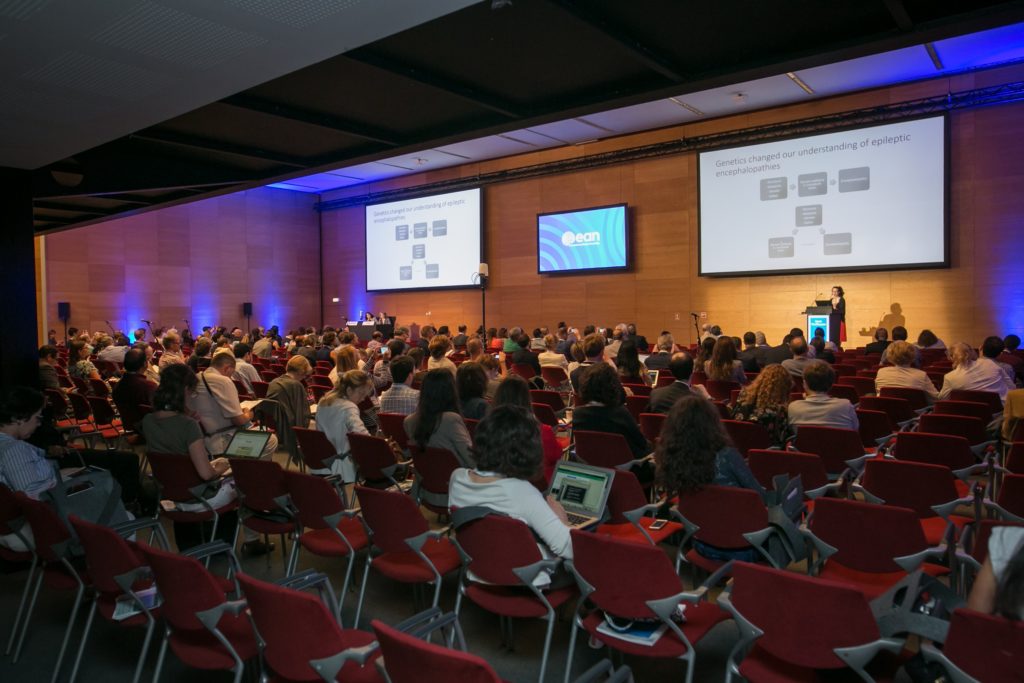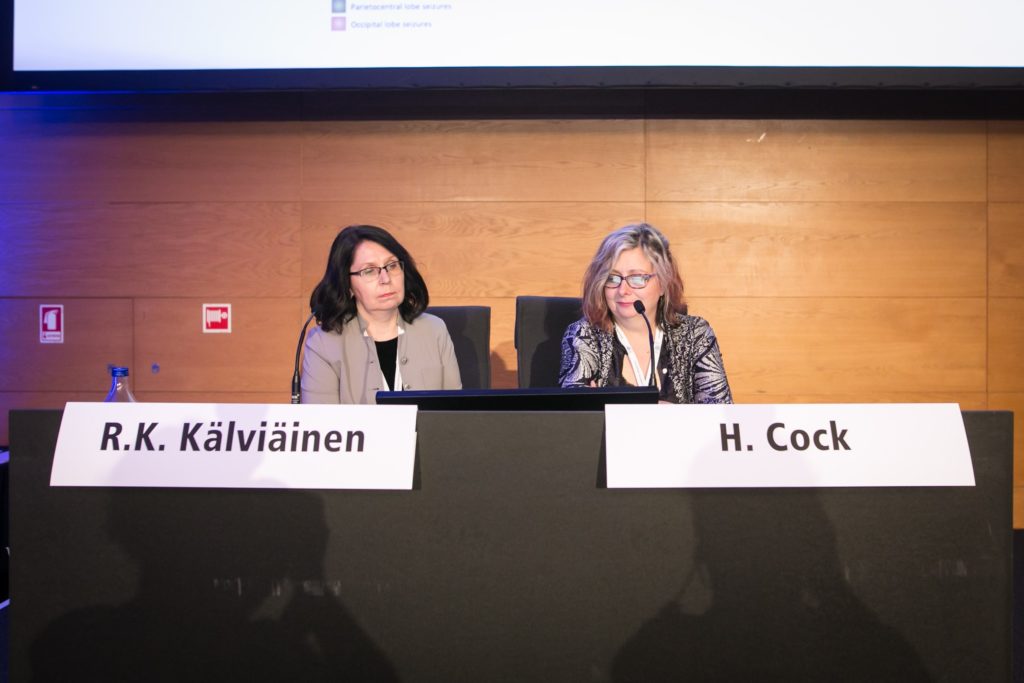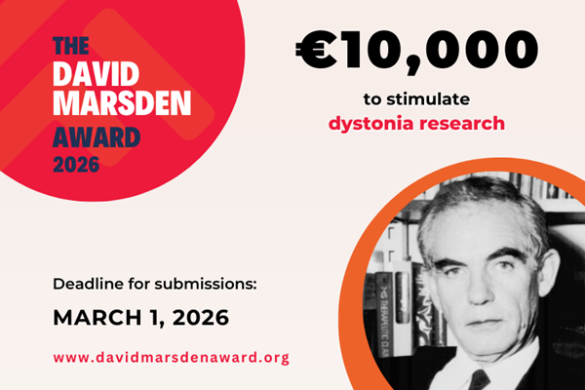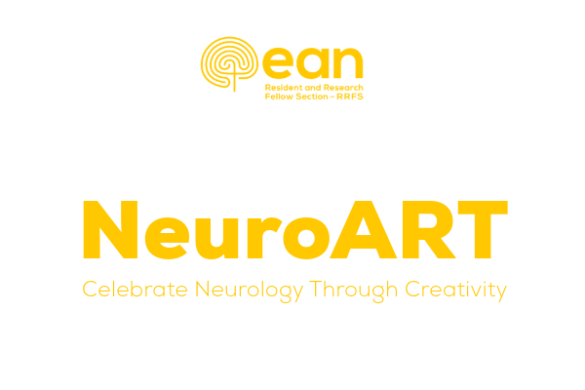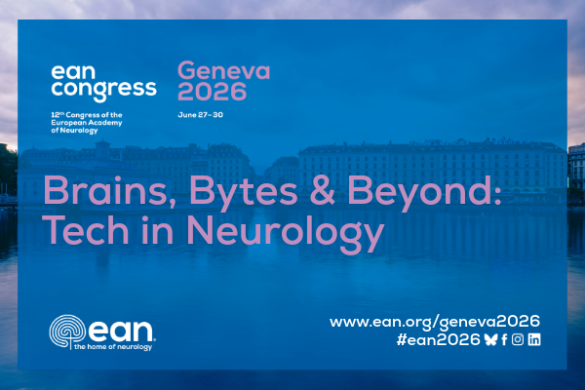This symposium was chaired by Prof. Reetta K. Kälviäinen, Kuopio, Finland, and Prof. Hannah Cock, London, United Kingdom.
Overall, the symposium updated us about the link between genetic and epilepsy, and outlined the benefits and controversies regarding the use of genetical test in epilepsy.
Is epilepsy a genetic disease?
Prof. Simon D. Shorvon from London, UK, gave a historical overview of the evolution in understanding the role of genetic in epilepsy. Debating question was raised “Is epilepsy a genetic disease?”. Based on the presented genes strongly associated with epilepsy in early epileptic encephalopathies and the idiopathic epilepsies with small genetic influence and more important environmental/development influences, the answer is complex. Thereby, the importance and impact of genetic was discussed concerning the diagnosis, management as well as the potential social implications.
Molecular diagnosis in genetic epilepsies: why we need to test
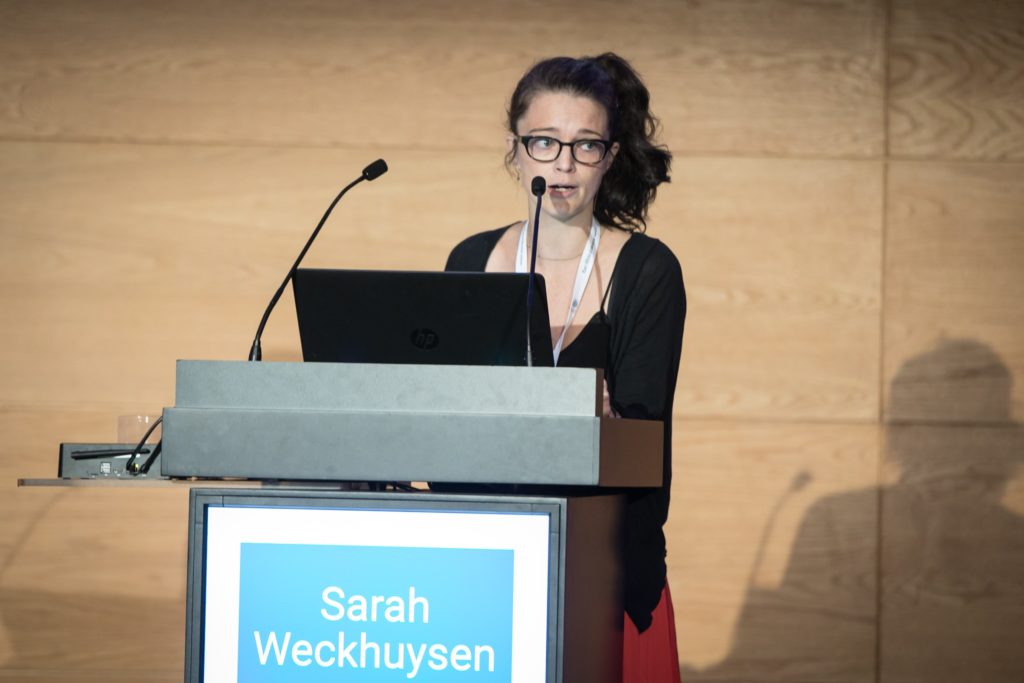 Dr. Sarah Weckhuysen from Antwerpen-Wilrijk. Belgium, took us through the expanding field of molecular diagnosis of genetic epilepsies. Nowadays, we know more than 150 genes playing role in the development of monogenic and complex genetic disorders with epilepsy. Genetic techniques improving from Sanger sequencing to next generation sequencing led to the recognition of genetic etiology even of focal epilepsy syndromes with later onset and certain idiopathic generalized epilepsies. It is important to select the right patient population of genetic tests and we have to keep its limitations in mind.
Dr. Sarah Weckhuysen from Antwerpen-Wilrijk. Belgium, took us through the expanding field of molecular diagnosis of genetic epilepsies. Nowadays, we know more than 150 genes playing role in the development of monogenic and complex genetic disorders with epilepsy. Genetic techniques improving from Sanger sequencing to next generation sequencing led to the recognition of genetic etiology even of focal epilepsy syndromes with later onset and certain idiopathic generalized epilepsies. It is important to select the right patient population of genetic tests and we have to keep its limitations in mind.
New therapeutic strategies in development for the genetic epilepsies
Finally, to the field in which therapeutic progress has been reached over the recent years in genetic epilepsies. Prof. José M. Serratosa from Madrid, Spain, explained the process how new targeted therapies are developed based on newly discovered gene mutations. Not only gene therapy was discussed but also other new therapeutic strategies such as antisense oligonucleotide therapy, antibody-drug conjugates were presented. Audience was introduced to examples of non-antiepileptic drugs which can be utilized beneficially in certain genetic epilepsies.
By Viktoria Papp

